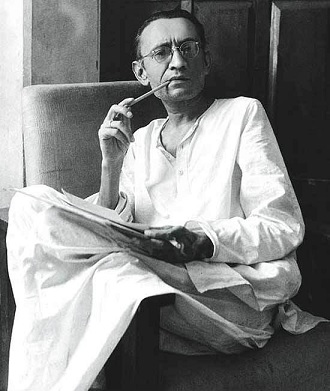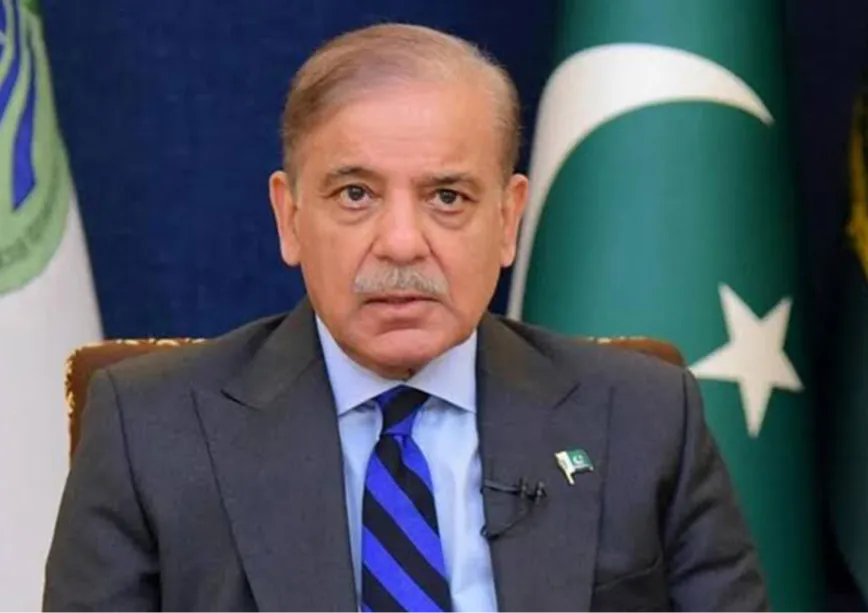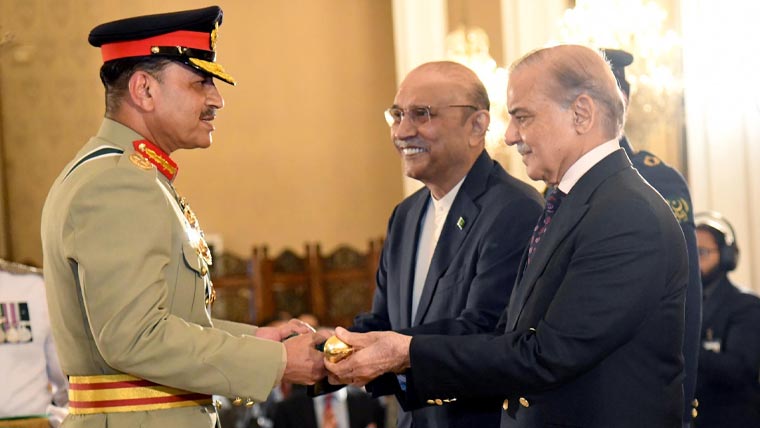- Islamabad
- 34.8°C
- Today ( Monday, 9 June 2025)
Saadat Hasan Manto: A Maverick of Urdu Literature
Saadat Hasan Manto, born on May 11, 1912, in Samrala, British India (now in Punjab, Pakistan), remains an iconic and controversial figure in Urdu literature. Manto was a prolific short story writer, essayist, and playwright, recognized for his bold and unflinching portrayal of societal realities during the tumultuous times surrounding the partition of India. Early Life: Growing up in a diverse and culturally rich environment, Manto developed an early passion for literature. After completing his education in Amritsar, he worked in Bombay (now Mumbai) as a writer for the film industry, an experience that profoundly influenced his later works. Literary Contributions: Manto's literary repertoire is marked by its stark realism and an unapologetic depiction of the human condition. His short stories, often set against the backdrop of partition, delved into the complexities of human relationships, societal norms, and the brutal aftermath of communal violence. Works like "Toba Tek Singh," "Thanda Gosht," and "Khol Do" showcased his mastery in portraying the harsh realities of the time. Controversy and Legal Battles: Manto's bold and candid narratives frequently landed him in legal trouble. His stories were deemed explicit, and he faced obscenity charges for several of his works. Despite the controversies, Manto staunchly defended his commitment to portraying the truth, even if it was uncomfortable. Partition and Migration: The partition of India in 1947 deeply affected Manto. Witnessing the communal violence and mass migrations, he wrote extensively about the human tragedies that unfolded during this period. Manto himself chose to migrate to Pakistan, where he continued to write with the same fervor, but he faced challenges adapting to the new cultural and political environment. Struggles and Exile: Manto's career in Pakistan was marked by financial struggles, exacerbated by his uncompromising stance on his craft. Facing financial constraints and battling alcoholism, he struggled to find stability. Despite winning the prestigious Adamjee Literary Award in 1955, his financial situation did not improve. In his final years, Manto faced deteriorating health and isolation. Legacy: Saadat Hasan Manto passed away on January 18, 1955, at the age of 42. His legacy, however, endured and grew posthumously. Manto's unfiltered portrayal of societal taboos and his courage in addressing uncomfortable truths has earned him recognition as one of the greatest short story writers in Urdu literature. Honors and Recognition: In later years, Manto received posthumous recognition for his literary contributions. His works gained international acclaim, and he became the subject of numerous critical studies and adaptations. Manto's uncompromising stance on truth and his ability to lay bare the complexities of human nature continue to inspire writers and readers alike. Saadat Hasan Manto's life and works serve as a testament to the power of literature to challenge societal norms and confront uncomfortable realities. His writing remains a profound exploration of the human experience, reflecting the tumultuous times in which he lived.
-
Pakistan's Junior Hockey team has successfully qualified for the quarter-finals in the ongoing World Cup in Kuala Lumpur, Malaysia, following a 1-1 draw against Belgium. Arbaz Ahmad's penalty corner goal in the third quarter equalized the score after Belgium took th...
-
In a captivating showdown, India secured 9th place at the FIH Hockey Women’s Junior World Cup 2023 by defeating the USA in a thrilling contest. The game, which ended 2-2 after regulation time and extended into sudden death after five shootouts, showcased intense compe...
Get Newsletter
Subscribe to our newsletter to get latest news, popular news and exclusive updates.


























Facebook Comments